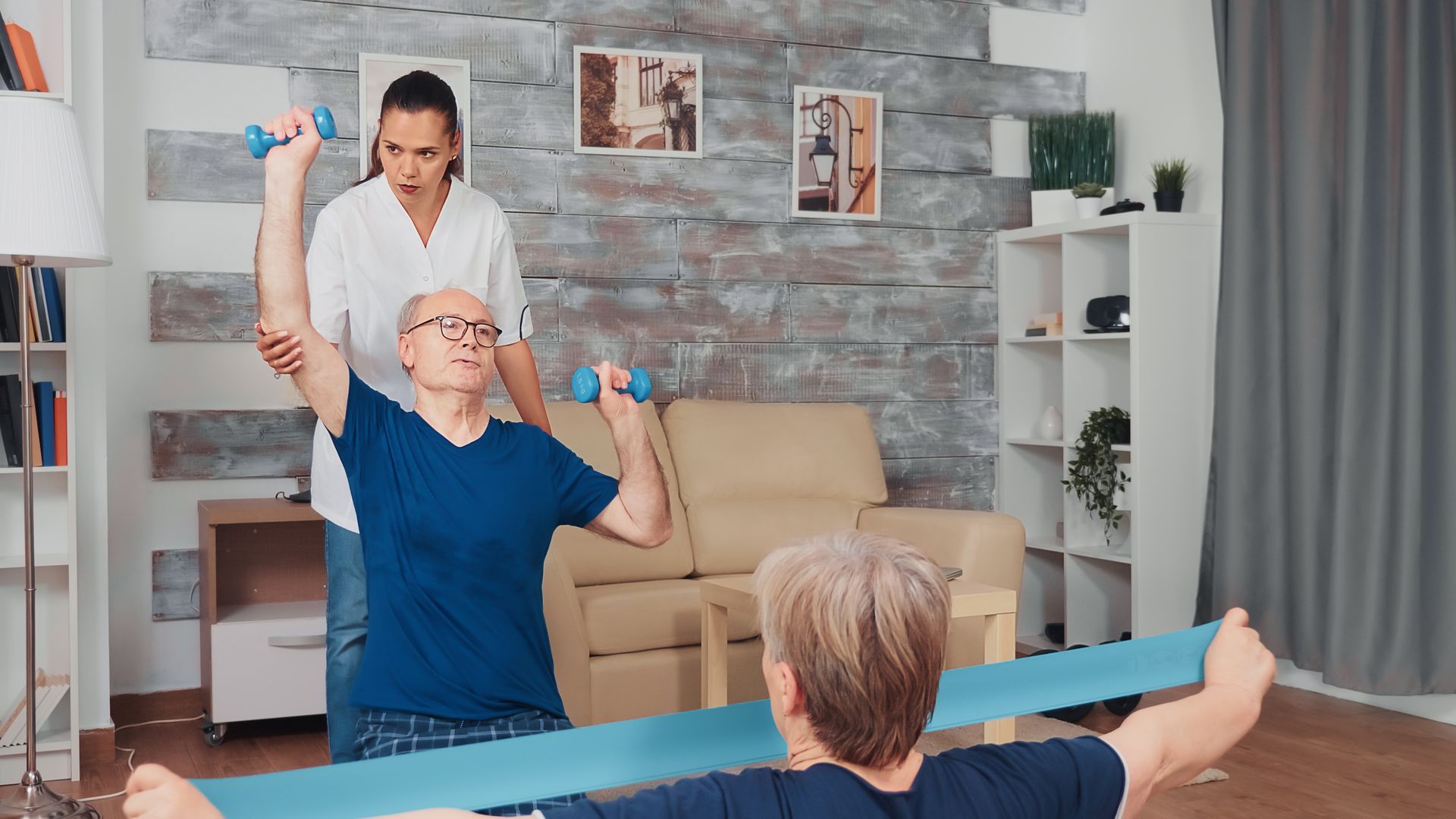Understanding Support Coordination: A Key Role in NDIS and Disability Sectors
Navigating the complex world of disability services and the National Disability Insurance Scheme (NDIS) can be daunting for many participants and their families. This is where support coordination plays a vital role. But what exactly does support coordination involve, and why is it essential within the disability and NDIS sectors? For healthcare professionals looking to expand their careers and organisations seeking skilled coordinators, understanding this role is crucial.
At AHP Careers, we specialise in connecting qualified healthcare professionals with rewarding opportunities in disability support, including roles as support coordinators. This article explores what support coordination means, its importance in the NDIS framework, and how professionals can become a support coordinator while ensuring organisations find the right fit for their needs.
What is Support Coordination?
At its core, support coordination is about helping NDIS participants make the most of their funding and access the services they need. A disability support coordinator works closely with participants to understand their goals and challenges, then assists them in finding appropriate service providers, managing their plans, and resolving any issues that arise. This role acts as a bridge between the participant and the often complex NDIS system.

There are different levels of support coordination, including standard and specialist. Standard support coordination involves helping participants link with service providers and build their ability to manage supports independently over time. Specialist support coordination, on the other hand, is more hands-on and tailored for participants facing more complex challenges or barriers. Both types require strong communication skills, problem-solving ability, and a deep understanding of the NDIS framework.
The role demands not only knowledge but also empathy and a commitment to empowering people with disability to live more independent and fulfilling lives.
The Importance of a Support Coordinator in NDIS and Disability Services
For many participants, the NDIS is a lifeline, providing access to funding for therapies, equipment, and services. However, the scheme’s complexity can be overwhelming. This is why support coordination in NDIS is so valuable; it guides participants through the maze of planning, choosing providers, and making decisions that align with their goals and budgets.
By working with a support coordinator, NDIS participants can better navigate administrative hurdles, avoid service gaps, and ensure their plan is implemented effectively. This coordination improves the overall experience and outcomes for people with disability.
From an organisational perspective, having skilled support coordinators ensures services run smoothly, and participant satisfaction is higher. Given the increasing demand for disability home care services in Australia, there is a growing need for competent support coordinators who understand both the system and the unique needs of participants.
It is also worth noting that the role helps alleviate pressure on families and carers, who often struggle to manage the complexities of NDIS plans alongside their caregiving duties. Support coordinators provide the professional guidance needed to achieve the best outcomes.
How to Become a Support Coordinator
Many healthcare professionals are naturally drawn to support coordination because it combines practical knowledge with a passion for making a difference. So, how does one become a support coordinator?
While there isn’t a strict universal qualification, most employers prefer candidates with experience or qualifications in allied health, social work, nursing, psychology, or community health services. Essential skills include excellent communication, organisational ability, and familiarity with the NDIS system. Candidates may also need a valid Working with Children Check and Police Check depending on the role.
Continuous professional development is vital in this field due to ongoing changes in NDIS policies and participant needs. Many professionals choose to complete specialised training or certifications in support coordination to enhance their understanding and credibility.
For those wondering about the pathway to entering the field, starting in allied health or disability support roles and gaining experience working directly with NDIS participants can be highly beneficial. This hands-on experience provides a solid foundation for moving into coordination roles.
You can find detailed and official information about the requirements and responsibilities of support coordinators on the NDIS support coordination guidelines, which provides an authoritative resource on what is expected within the role.
Recruitment and Career Support for Support Coordinators at AHP Careers
At AHP Careers, we recognise the critical role that support coordinators play in the disability and NDIS sectors. Our dedicated recruitment services help healthcare professionals find positions that not only suit their skills but also align with their career aspirations. Whether you are an experienced disability support coordinator or looking to transition into this career, our team offers tailored support to help you secure the right role.
For employers, we streamline the recruitment process, ensuring you have access to a pool of qualified candidates who meet the unique demands of the sector. By understanding the specialised skills required in support coordination, we help place professionals who will make a tangible difference in your organisation and for your clients.
This focus on quality placements ensures better outcomes for NDIS participants, healthcare providers, and coordinators alike. Our comprehensive understanding of the disability sector and the NDIS means we can facilitate matches that benefit all parties, reducing turnover and enhancing service delivery.

Why Support Coordination Matters
Support coordination is more than just a job title - it is a crucial service that enables people with disability to live their best lives under the NDIS. Through personalised guidance and practical support, coordinators help participants understand their funding, connect with appropriate services, and overcome obstacles.
For healthcare professionals, becoming a support coordinator offers an opportunity to use their skills in a rewarding and impactful way. For organisations, investing in skilled support coordinators ensures better client outcomes and smoother service delivery.
At AHP Careers, we are committed to supporting both candidates and employers in this specialised field. Whether you’re considering how to become a support coordinator or searching for the right person to fill your vacancy, we provide the expertise and connections to make the process efficient and successful.
If you are ready to take the next step in your healthcare career or improve your team with quality support coordination talent, explore how AHP Careers can assist you in achieving your goals.












